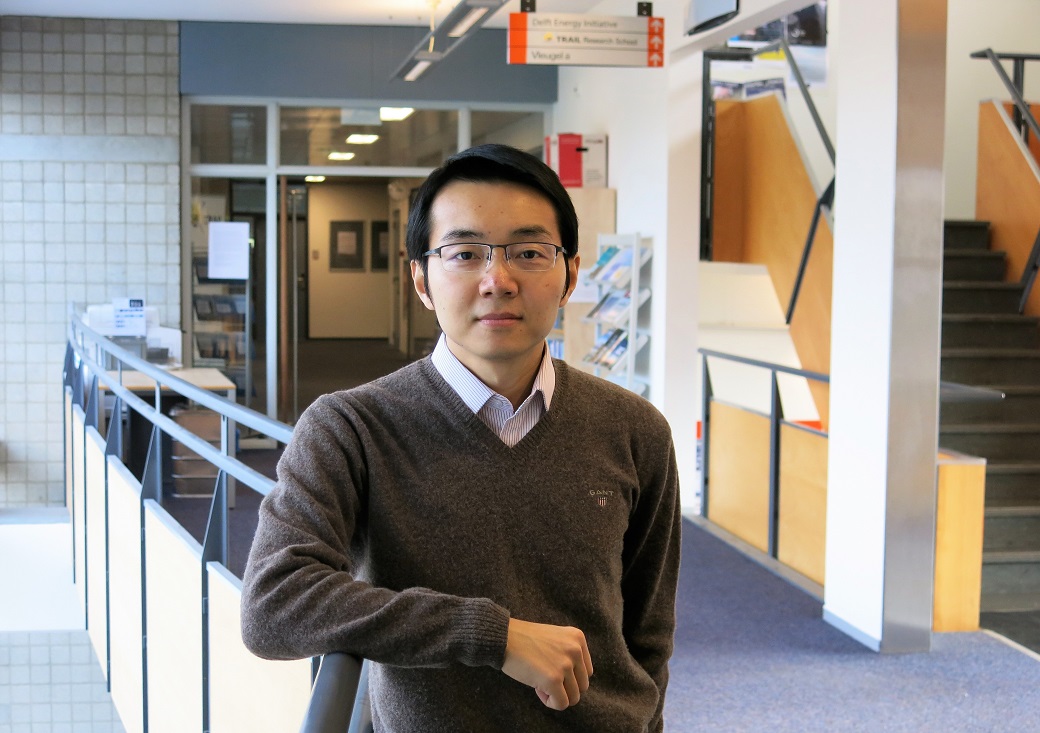What happens when a computer scientist is interested in social science? Assistant Professor Aaron Ding thinks a multidisciplinary approach enriches his research.
Assistant Professor Aaron Ding: "I was actually more of a computer scientist before." (Photo: Heather Montague)
“My research at the moment is in a multidisciplinary field called Internet of Things. It actually covers a lot of fields including computer science, engineering and a little bit of social science. I was actually more of a computer scientist before, so for me, landing here at TPM gives me a lot of exposure to the social science part.
‘I’m really enjoying the opportunity here’
Now the core part of my research is in a new area called edge computing. People are talking about what comes after cloud computing, and this is one of the new trendy fields right now. The time has come where the bottleneck of the cloud has become clear. This is especially true with regards to data privacy concerns, and normal users want to take a little bit of the power back. Edge computing is where data is processed nearby your house or office or campus, and lots of data will be pre-processed there before shipping to the cloud.
TPM does a lot with business modelling and user understanding, and that has actually helped me to get into these fields in a more deployable way. I’m really enjoying the opportunity here. TPM wanted me to keep my technical profile because the students at TPM also want to have a solid technical education apart from the business side. The good thing for me is that I’m learning things that can enrich my field. For instance, I’m trying to branch out and share with colleagues what I’m doing and learn about what they are doing. This is where the multidisciplinary approach at TPM can truly promote my scientific development.”
Want to be featured in Humans of TU Delft? Or do you know someone with a good story to tell? Send us an e-mail at humansoftudelft@gmail.com
Heather Montague / Freelance writer



Comments are closed.